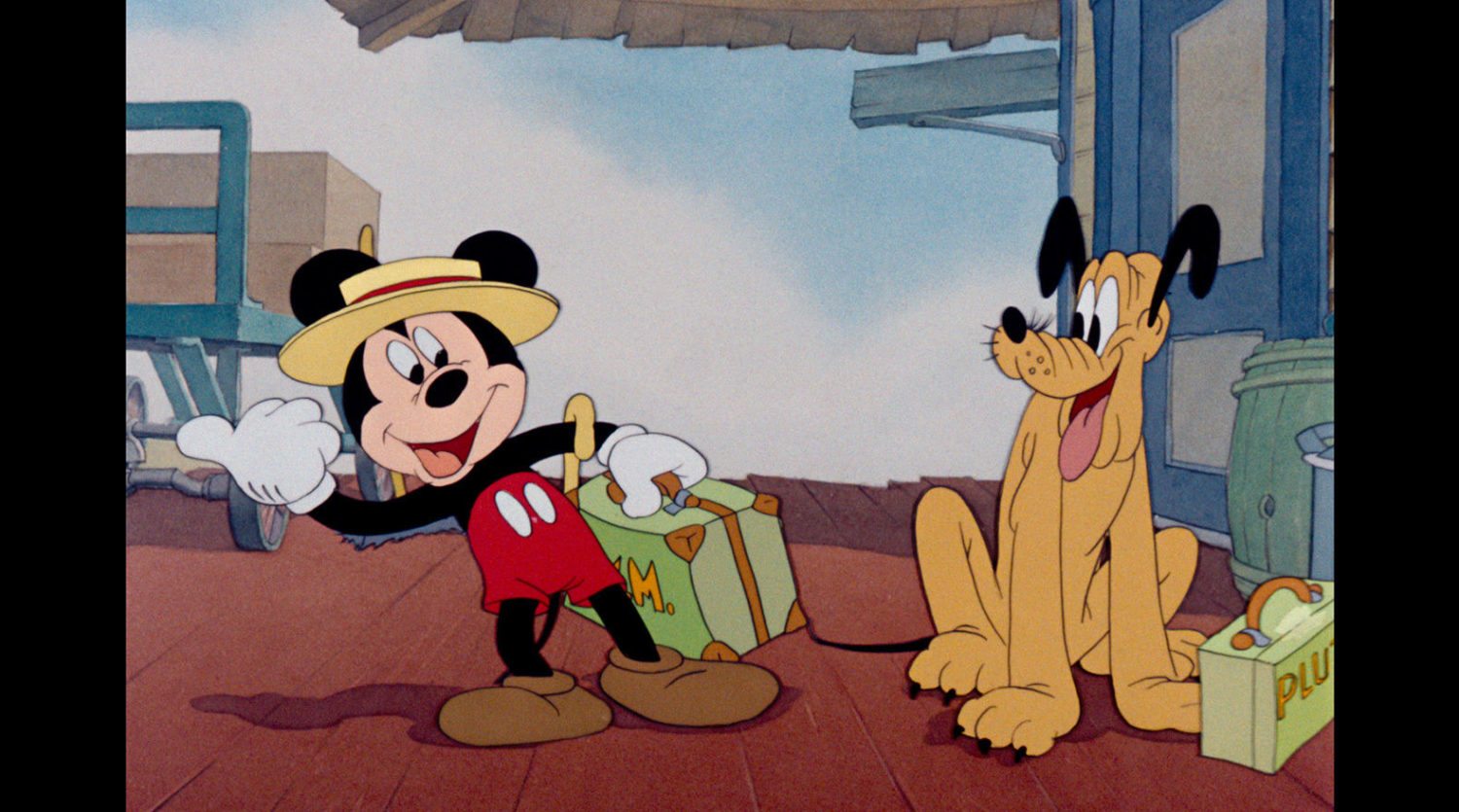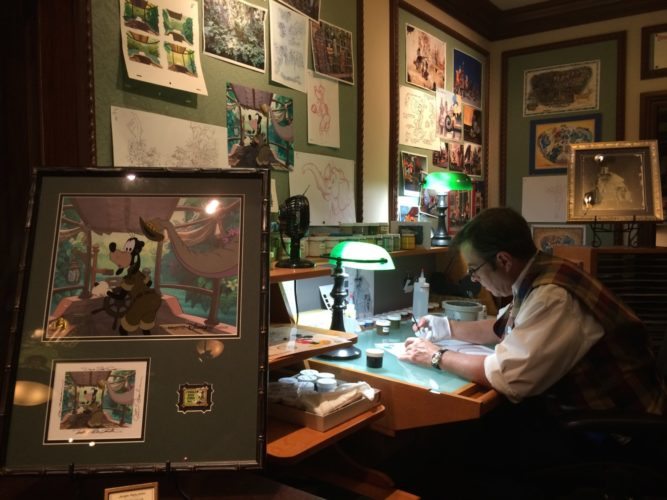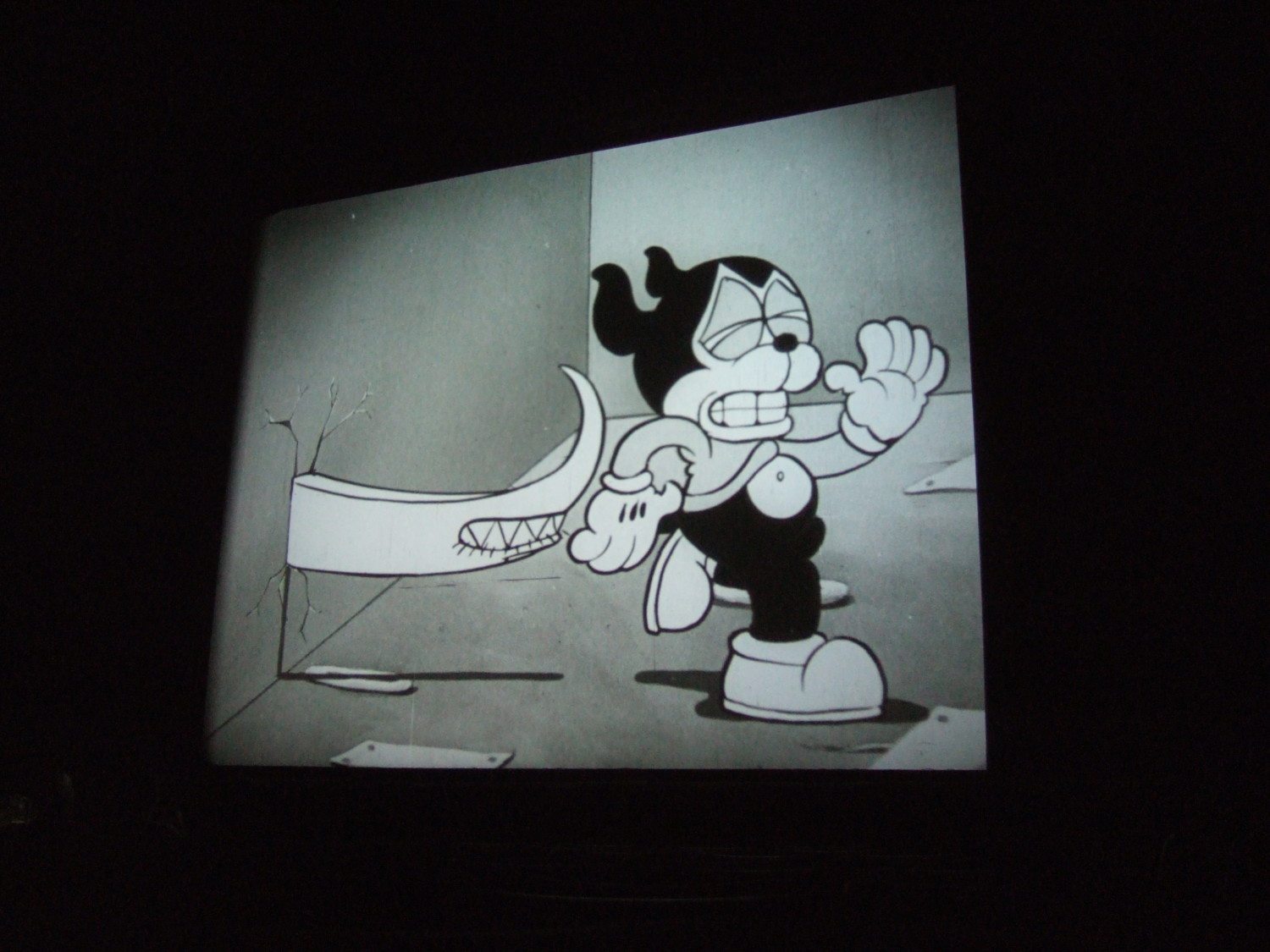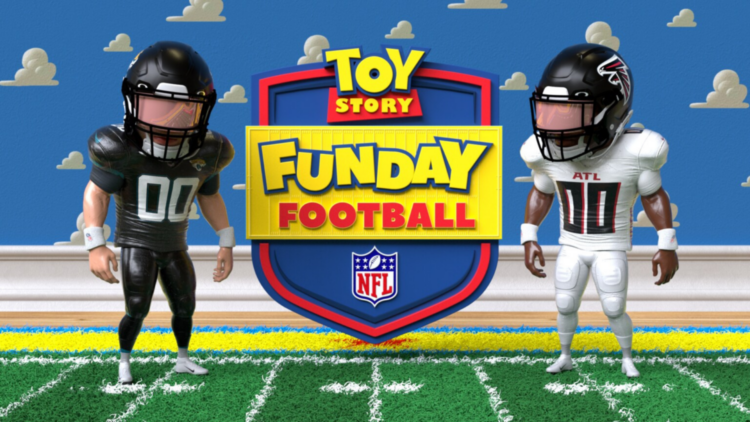Here’s Why So Many Cartoon Characters Wear Gloves
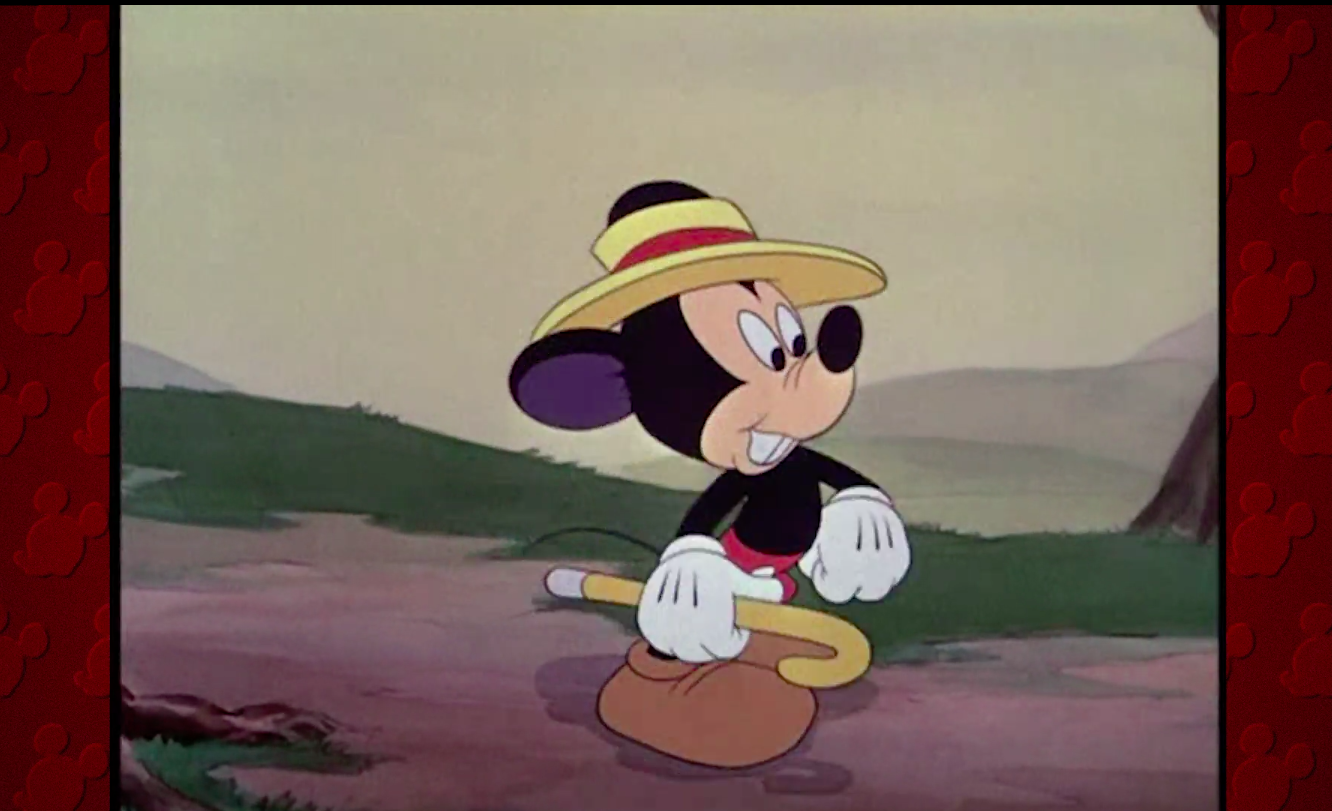
You’re sitting on the couch, watching yet another cartoon. You’ve seen this one a million times, but it’s the only way you can entertain your kids. Bored out of your mind, your thoughts start to wander…
Did I forget to take out the trash? Should I start working on my taxes?
Wait, why does Mickey Mouse have gloves on his hands?
You’ll have to answer those first two questions yourself. But Vox has helped us out with the last question and explains the reasons why cartoon characters wear gloves.
After one of Vox’s contributors watched “An Extremely Goofy Movie” for the thousandth time, she heard one of the characters ask “Why do you think we’re always, like, wearing gloves?”
That sparked her curiosity, leading her to animation historian and NYU professor John Canemaker, who gave four reasons why animators put gloves on their characters:
1. It Saves Time
“Animation of any kind, even with computers, is a very work-intensive or labor-intensive process,” Canemaker says in the video.
Back in the early 20th century, animators had to draw every detail and every scene by hand. At first characters looked like boxes, but then they transformed into a “rubber hose and circle design,” using more circles and rounded edges. This helped animators quickly draw arms and legs without needing any realistic details of other parts of the body, like elbows and hands.
RELATED: Here’s The Clever Reason Medieval Castle Staircases Are Always Clockwise
While they were designing the arms and legs to look like noodles, they had to figure out a way to do the same thing with the character’s hands. Instead of sketching every knuckle and fingernail, they decided to put gloves on the characters. It saved a lot of time and viewers could still understand what the characters were doing with their hands.
Well, sort of.
2. Black-On-Black Is Bad
When early cartoons were black and white, the bodies of most characters were black, and the background was white. Canemaker says that in black-and-white cartoons, black hands on characters would be difficult to see against their black bodies.
To solve this problem, animators just put white gloves on their characters for contrast. This also explains why most characters have white shoes.
3. Vaudeville Was Big
Early animators were drawn to the vaudeville acts that were around in the Roaring Twenties. These acts had over-the-top facial expressions and actions, as well as blackface, loose clothing and gloves, and inspired the creation of early cartoon characters like Mickey Mouse, Felix the Cat and Bimbo.
4. Anthropomorphizing Is Key
All of these characters were animals, but they were made to do human-like activities to make them more believable, funnier and more relatable.
In Walt Disney’s biography, “The Disney Version,” he said of Mickey Mouse: “We didn’t want him to have mouse hands because he was supposed to be more human. So we gave him gloves.”
So there you have it! Now that you know, you’ll find yourself fixating on those gloves. We certainly are!


